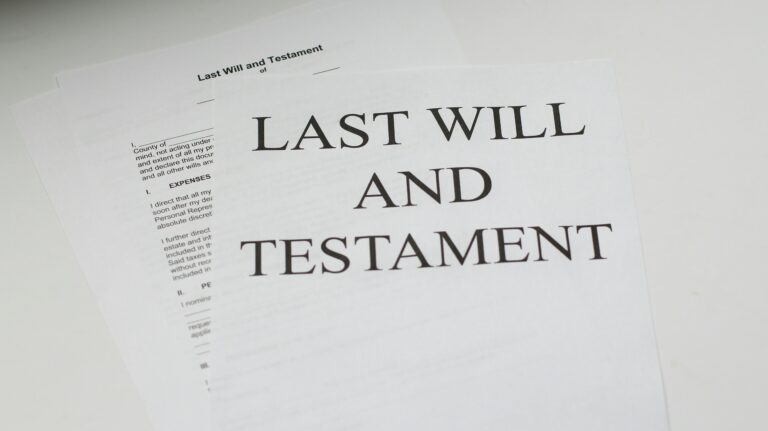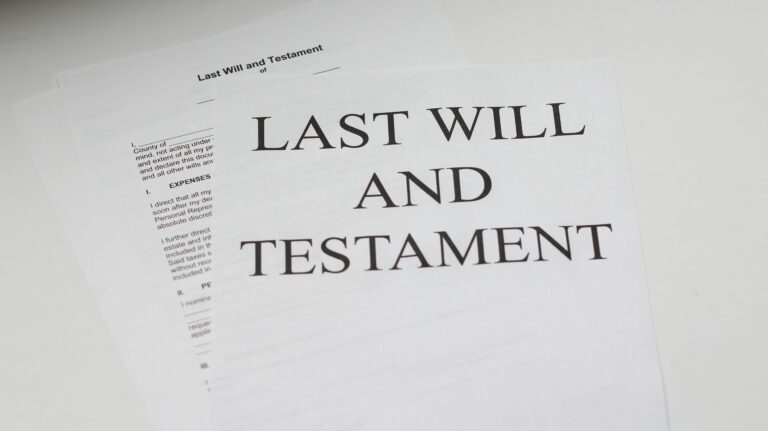
How Your Estate Plan Addresses More than Money
Having a properly drafted and executed last will can help ensure that your wishes for asset distribution are followed, says an article from CNBC, “Writing your will is ‘not just a question about finances,’ expert says. Here’s why it’s a crucial task.”
People often think they don’t have enough assets to warrant creating a will, which is a big blunder. Without the right estate planning documents, loved ones will have to deal with additional difficulties during times of serious illness or death.
When no will exists, laws of “intestacy” take over. These state-specific laws determine who receives your assets, usually based on bloodlines or kinship.
Without a will, any minor children will be raised by whoever the court decides will be best to raise them. It won’t matter if you’ve always thought your cousin would be the best parent, if you died if the judge believes your uncle and aunt are the best choices. Your wishes won’t be heard.
If you don’t have an estate plan or haven’t revised your will in more than five years, it’s time to make an appointment with an estate planning attorney to prepare a will and other documents to protect your loved ones and your assets.
Part of having a complete estate plan includes ensuring that the people you’ve named as beneficiaries on bank and retirement accounts and life insurance policies are still the people you want to receive these assets. These accounts pass outside of your probate estate, so whatever your will says doesn’t matter for these accounts.
If you own a home or multiple properties, talk with your estate planning attorney about how to best structure ownership. It might be possible to place your home in a trust to remove it from your probate estate, or you may do better leaving it as is. The estate planning attorney will review your entire estate to determine your best option from an estate planning and tax perspective.
If there’s no will, a significant asset like a house is usually divided among heirs, depending on the state’s laws. This can get very complicated very fast.
Meet with an estate planning attorney to get the process started. It’s not as burdensome as you might think and will save your loved ones from additional stress and worry during times when their focus should be on celebrating your life and grieving your loss.
Reference: CNBC (May 8, 2024) “Writing your will is ‘not just a question about finances,’ expert says. Here’s why it’s a crucial task”









